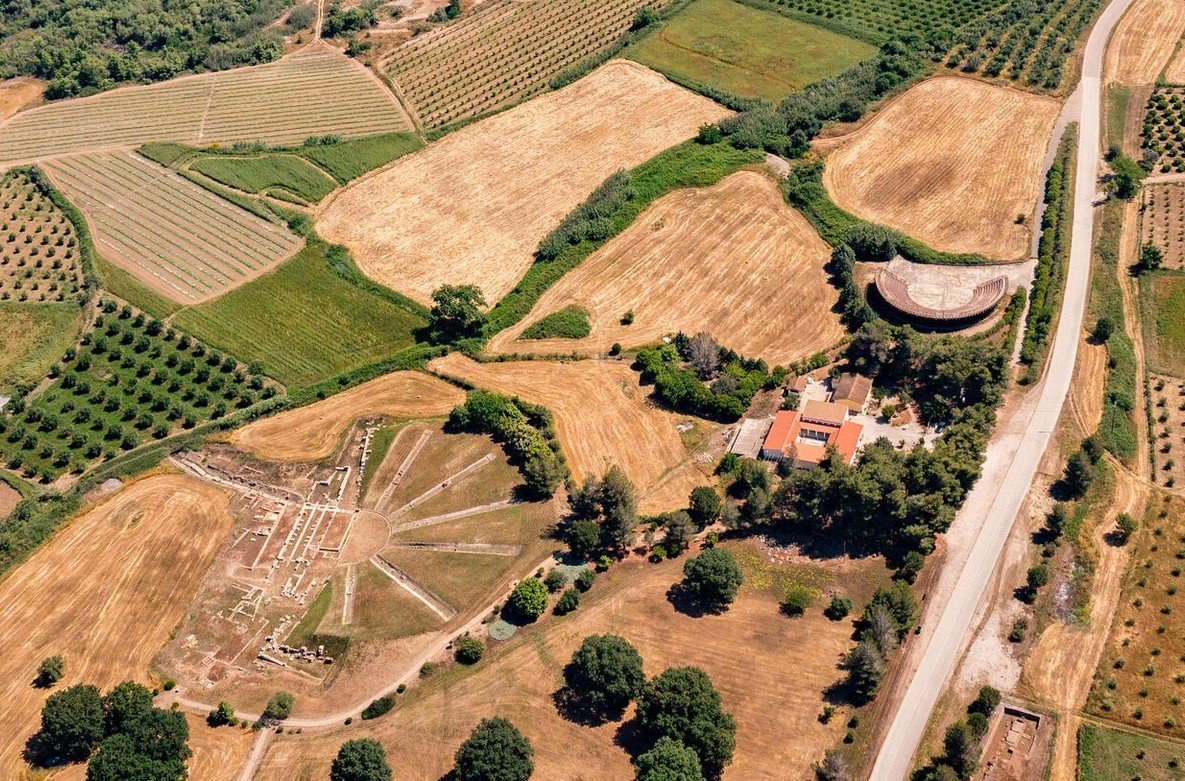PART C: THE CONTINUATION OF RESEARCH BY THE ARCHAEOLOGICAL SOCIETY (1960-1990)
archaeological society, nikolaos gialouris, veronika mitsopoulou leon
After a long pause, the excavations resumed in 1960 under the auspices of the Archaeological Society of Athens in collaboration with the Austrian Archaeological Institute and continued – with interruptions – until 1990.
The research focused mainly on the monuments that had already been identified and on their deeper study.
The collaboration between the two archaeological institutes helped to further understand and highlight the archaeological site of Elis.

Greek and Austrian collaboration
The collaboration was defined on the condition of half financial participation and sending collaborators, as well as annual publications in scientific journals of the two countries. The excavations were directed by Nikolaos Gialouris, with Veronika Leon as the Institute’s representative.
research projects
Many other Greek and Austrian archaeologists and engineers will take part in the survey of Elis of this period. Modern scientific methods were used.
The Institute’s participation lasted until 1981. The excavations were interrupted in 1983 and resumed in 1990 with the aim of publishing the results.
results
The buildings of the Agora, the Theater, the stoas and the “D” building were unearthed and studied. The excavation of the theater was completed and its parts were dated. Altars, shrines and aqueducts were uncovered.
The findings testify to continuous habitation from the prehistoric to the early Christian era.
publications
The results were published in the journals “Ergon”, “Proceedings of the Archaeological Society of Athens”, “Archaeological Bulletin” and the “Jahreshefte des Österreichischen Archäologischen Institutes in Wien”.
Studies by Greek and Austrian scholars were also published.
importance of excavations
The excavations were important for expanding knowledge about the ancient city.
They contributed to the understanding of the function and importance of Elis. The archaeological site was protected and secured.

